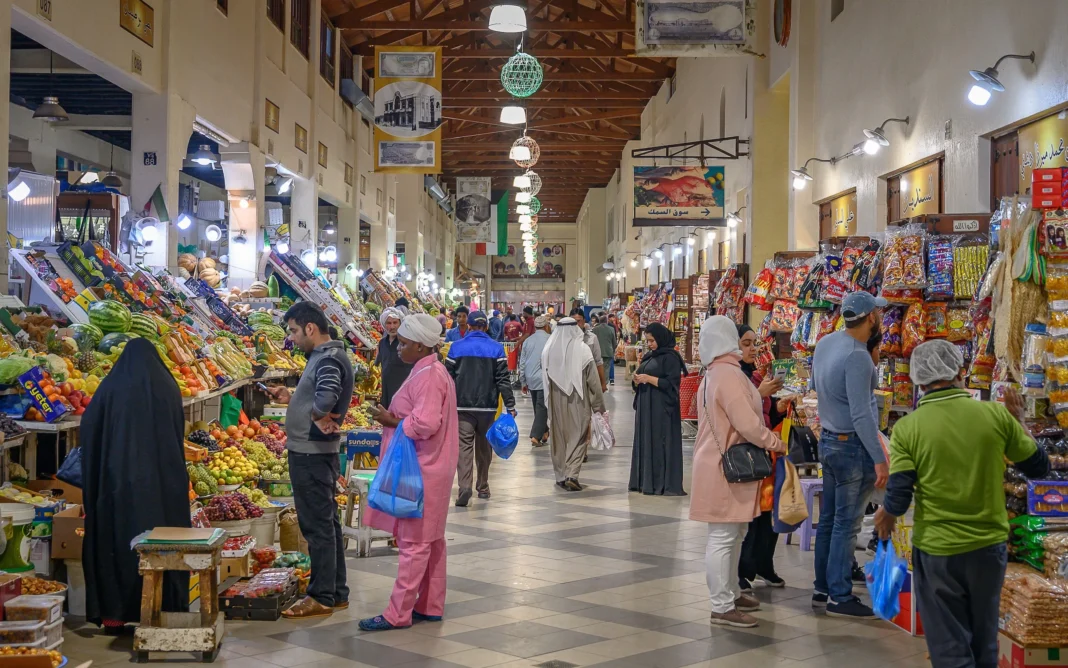Kuwait’s money reform forces many exchange shops to shut down this week. The key phrase “Kuwait money reform” is now a major topic in business circles. Since April 1, tighter financial rules have changed how exchange businesses operate in the country.
The Central Bank of Kuwait set new rules that demand higher standards. Each exchange company must now hold at least KWD 2 million in capital. This equals about $6.6 million. Many small shops found this amount too high to meet.
The Minister of Commerce and Industry, Khalifa Al Ajeel, visited the exchange district on Tuesday. He expected to see businesses open and running. Instead, he found most shops closed. Officials counted over 100 shops that could not meet the new requirements.
Inspectors reported that many of the 138 registered shops did not open their doors. These businesses could not adapt to the Kuwait money reform before the deadline. They faced a clear choice: comply or close.
The government first introduced these laws in June last year. However, the real test began in April. Officials warned that failing to follow the law would lead to bans and business shutdowns.
Fahd Al Hajri, a top ministry official, reminded companies about the serious consequences. Businesses that ignore the rules will face large fines. These fines range from KWD 500 to KWD 10,000. Some owners may also face jail time.
The rules apply not only to exchange shops but also to other financial firms. Any non-banking business handling money must follow these new rules. The aim of the Kuwait money reform is to stop money laundering and improve transparency.
This push also helps Kuwait gain a better ranking from global rating agencies. A better rank can bring more foreign investment to the country. It shows that Kuwait is serious about clean and safe financial practices.
These changes reflect a larger effort to build trust in Kuwait’s financial market. The government hopes the Kuwait money reform will shape a stronger economy.





